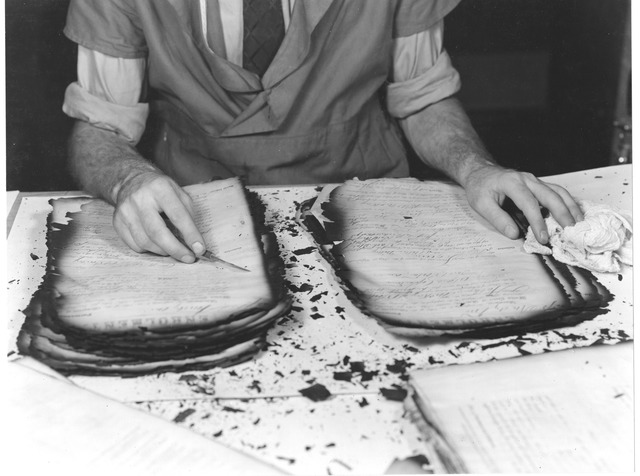Where? Macalester College, St. Paul, Minnesota
When? Spring 2022
Course Website
Context:
I created this course in part to explore topics I had begun to examine in my dissertation. The timing of this class also seemed important, as we were/are still emerging from a global pandemic that forced cultural heritage sites to physically close to the public. This was my first time teaching this class, and the syllabus was ambitious from the start. In addition to covering a lot of content and coordinating several guest speakers, I was also pregnant with my first child.
Course Description:
Cultural heritage sites, including libraries, archives and museums, have existed in some shape or form for a very long time. Computers, on the other hand, have only been a part of these institutions for about sixty years. Although technologies offer more efficient and cost-effective ways to store and disseminate information and promise greater accessibility to materials, that doesn’t necessarily mean that they successfully facilitate the missions of these cultural heritage sites or the needs of their visitors. Why is this the case? Do digital technologies truly have the potential to decentralize and democratize these spaces? What can they tell us about what we value, as a culture? In this interdisciplinary course, we will reflect on the impact of digital technologies on cultural heritage sites, and museums in particular, starting in the 1960s and continuing through the present, including discussion of how museums responded to the COVID-19 pandemic. Among other things, students will learn how to collect, curate, and digitize objects, write and design an object label, and contribute to an online exhibition.
Goals:
You’ll emerge from this class with the ability to:
- Critically engage with the history of technology in the cultural heritage sector
- Collect, curate, and digitize objects
- Engage with new writing formats and styles
- Balance the discoverability component of playing with digital tools with the very real possibility/probability of failure (“productive” failure)
- Explore and articulate ways that digital technologies may be used effectively and ethically.
Questions we’ll consider (among many others):
- What is valuable to us as a culture? Or, who decides what is valuable to us as a culture, and why?
- Where does “authority” come from, and how does technology impact notions of authority?
- How important are objects to the mission of the museum?
- Is technology transformative or disruptive (or both) within the context of memory institutions?
- How can we correlate this research to more sustainable digital solutions for museums, and other non-profit institutions?
- What ethical questions arise when we talk about technology?
